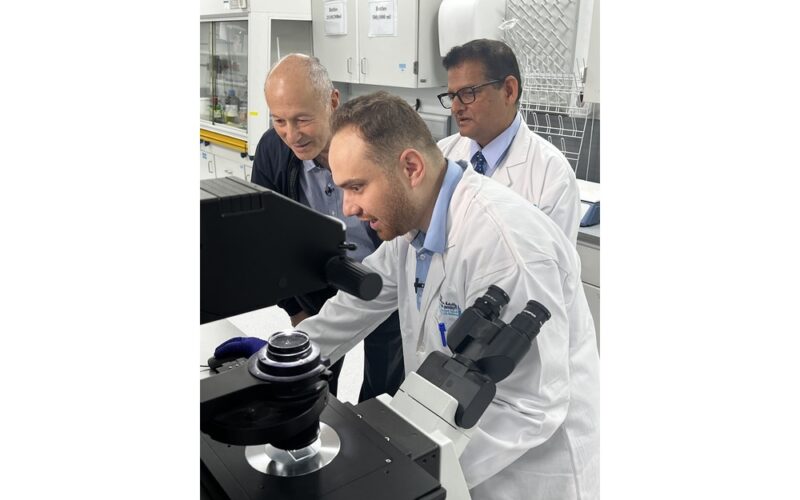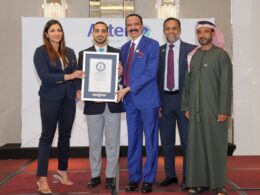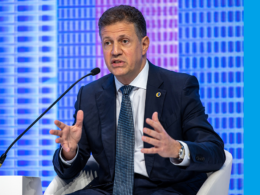Doha, Qatar — The competition has intensified as six candidates of Stars of Science Season 15 proceed to the more challenging ‘Engineering phase’, where they will refine their prototypes and overcome obstacles under the guidance of expert mentors.
With weekly eliminations, the stakes are higher than ever for candidates of this season’s Stars of Science – Qatar Foundation’s science and innovation edutainment show that empowers Arab youth to transform their ideas into tangible solutions – as only the most functional prototypes will move forward in the quest for a share of the Grand Prize.
As governments around the world focus on accelerating energy transitions by setting renewable energy targets and providing financial incentives for clean energy projects, and with the MENA region set to see an estimated investment of about US$700 billion in renewable energy between 2020 and 2050, Season 15 candidates have displayed an immense potential to address the pressing environmental challenges of our era through microbiology.
Contestant Abdullah Alhaj Sulaiman’s novel idea to produce ethanol by fermenting the lactose in the whey produced by dairy companies has garnered considerable praise from the jury and other members of the Stars of Science community. Sulaiman is currently a PhD candidate at Hamad Bin Khalifa University (HBKU) in Qatar, and his idea came while working as a consultant at a dairy company.
Speaking more on the genesis of his methodology, Sulaiman says: “I was alarmed looking at how the disposal of whey in seas and landfills by dairy firms can lead to the choking and eradication of the marine life. By understanding the potential of microorganisms present in yeast cultivation that eventually leads to ethanol production, my vision is to not only expand the ethanol making industry in the Arab world, but also propose its utility as an alternate source of green energy.”
Diversification of energy sources and sustainability has been a recurrent theme throughout the seasons of Stars of Science, reflective of how the Arab youth are leading the change towards establishing a greener future. Amongst the successful alumni stories is that of Mahmoud Shattel from Season 4.
Shattel, an electrical engineer, unveiled the ‘Reyah-T Vertical Wind Turbine’, an innovation that harnesses wind power to quadruple the efficiency of regular turbines and even tap into low-speed breezes. Beyond this, he is the driving force behind ‘Taqetna’, a Jordanian venture that crafts sustainable products, from solar panels to the ground-breaking Reyah turbines.
Dr. Mohamad Saif Al Kuwari, Director and senior Engineering Consultant at the Ministry of Environment and Climate Change, Qatar, also commended the ingenuity and dedication of participants of Stars of Science in building a sustainable future for the region. Dr. Al Kuwari said: “With promotion and development of a green infrastructure being one of the four main pillars of the Qatar National Vision 2030, it is truly inspiring how Stars of Science has acted as an incubator for the brightest minds from the Arab world, to collaborate and design impactful solutions for a greener and more sustainable world.”









